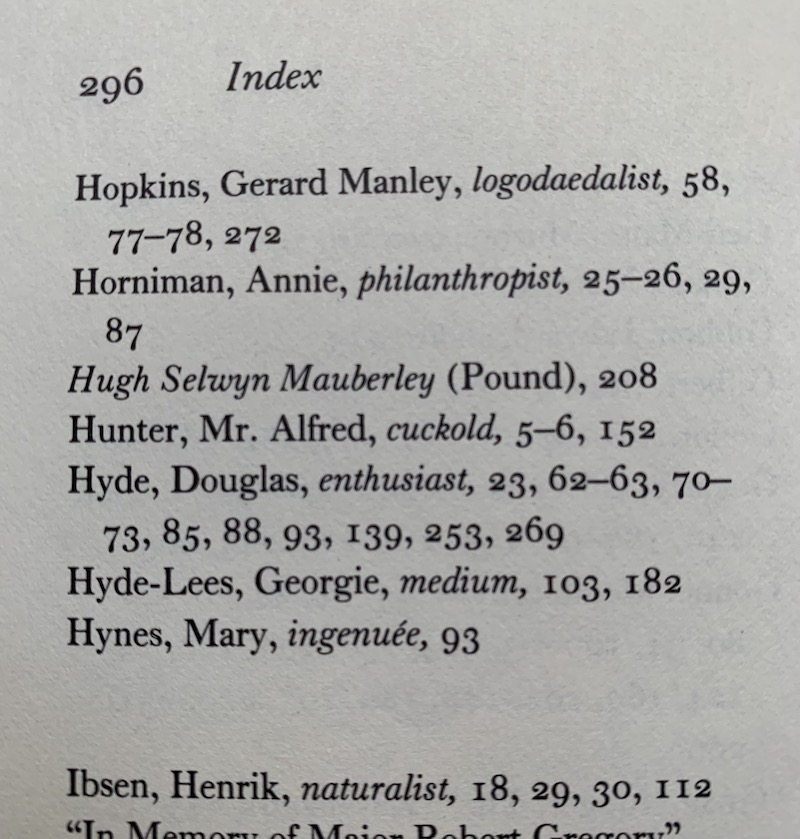The Claudine Gay plagiarism scandal — or, depending on your point of view, “plagiarism” scandal — has me thinking about How We Write Today. John McWhorter has recently written that there really is a meaningful distinction between plagiarism and “duplicative language,” and I suppose there often is, but it’s all because of technology, innit?
That distinction arises because of what people do when they read as well as write on a computer. “Duplicative language” arises when scholars (presumably in something of a hurry) see something in a digital book or article that they want to use, copy the relevant text, and then paste it into Word with the intention of editing it later to in some sense make it their own. (Part of McWhorter’s argument is that maybe we don’t need to do that, or do it as often. I don’t think I agree, but I’ll waive the point for now.)
At least some of these issues arise from a general sense that one’s work should not contain too many long quotations, an idea that Adam Roberts has explored and questioned here. (I might disagree with Adam also, but I’ll waive that point as well as McWhorter’s.) The tendency to overquote becomes a problem when professors don’t have a lot to add to an existing scholarly conversation but need publications for tenure or promotion. In such circumstances, the bulk of any given article will likely be the collecting of other scholars’ work, and if you quote too much, it might become obvious that there’s not a lot of you in your article. So you need to rework the quotations to make the extent of your debts less obvious.
But note that all of this is a result of the pressure to publish, a pressure that people might feel especially strongly if their stronger interests are in teaching or administrating. That Claudine Gay has never written a book, and has produced only eleven journal articles in twenty years, one of those co-authored, and moreover moved quite early in her career into administration, all suggests that we’re dealing here with a person whose primary calling is not the production of scholarship. And that’s totally fine! By all accounts Gay has been an effective administrator, and Lord knows academia needs more of those. Heck, maybe Gay even has some scholarly humility, something I have heard of, occasionally.
So if you’re a person who is publishing under pressure, and not really extending the scholarly conversation in dramatic ways, and perhaps not even very excited about writing, then you’ll probably be more prone to (a) copy and paste that digital text and (b) forget later to make the necessary changes.
I don’t think I do this? I hesitate to assert too strongly, because I may be deficient in self-knowledge. But I will say this: whenever I copy and paste from some existing text, primary source or secondary, I paste it as a quotation. I never ever paste it into the body of my work. When I’m drafting an essay or article or book chapter I just don’t worry about whether I have too many quotations or whether the quotations are too long. That’s something I assess in revision.
Which makes me wonder whether some of the plagiarism (or “duplicative language”) we’re now seeing so much of is a result of one small habit common to digital writing: pasting wrongly. Pasting as body text and not as quotation. Maybe this should be part of what we teach our student writers: If you think you can just drop a quotation into the body of your text and and then go back to fix it later, you’re may well be fooling yourself.

